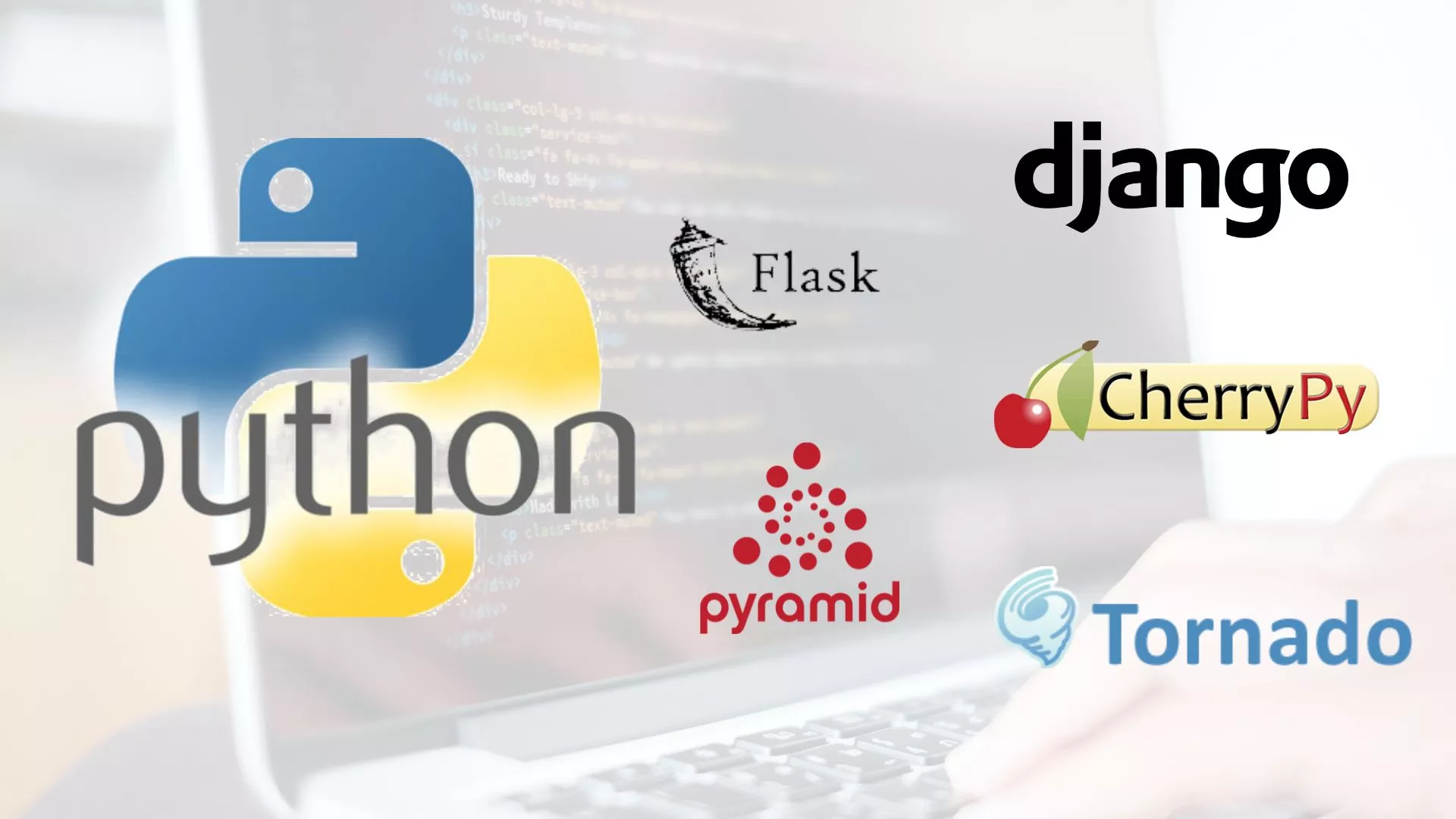As a web developer, if you want to stay ahead of the game in 2023, it’s crucial to leverage the latest trends and innovations in Python web frameworks. Python has stood as a prevalent choice among developers for years and persists in gaining momentum. With a wide range of frameworks available, developers can create web applications of all sizes and types with ease.
In this article, let’s examine the best Python frameworks set to revolutionize web development in 2023. We’ll delve into popular choices like Django and Flask, as well as emerging options like FastAPI and Quart that are gaining traction quickly. Each framework has unique strengths and weaknesses, and we’ll help you determine which is best suited for your project.
Whether you’re a seasoned developer or just starting, this article will help you to learn more about the top Python frameworks for web development in 2023. Get ready to elevate your web development skills to the next level!
Django
Django is a popular, high-level Python web framework widely used for building complex, database-driven web applications. It features a “batteries included” philosophy, which implies it comes with all you need to build a complete a website. Django is ideal for building large, complex applications quickly and efficiently, and a large and active community backs it.
Key Features:
- URL routing: Easily define URL patterns for your web application.
- Built-in authentication system: Add user authentication without additional code.
- Object-Relational Mapping (ORM): Work with databases in an object-oriented way.
- Admin interface: Manage application data with a customizable, built-in interface.
- Caching framework: Improve performance with multiple cache mechanisms.
Flask
Flask is a lightweight, flexible Python web framework that is easy to use and learn. It is the best choice for making small to medium-sized web applications and other kinds of prototypes. Flask is known for its minimalist approach and modular design, which allows developers to choose only the components they need. It is also highly extensible, which means that it can be easily customized to suit the needs of any project.
Key Features:
- Minimalism: Flask is a lightweight web framework that allows developers to choose their own tools.
- Flexibility: Flask is flexible and can be used with different libraries and databases.
- URL routing: Flask provides a simple URL routing system to map URLs to views and functions.
- Jinja2 templates: Flask uses Jinja2 as its templating engine to create HTML templates.
- Debugging and testing: Flask has built-in support for debugging and testing web applications.
Also Read: UI vs UX – Are They Same or Different & their Impact on Website
Pyramid
Pyramid is a general-purpose Python web framework that is designed to be flexible, fast, and scalable. It is flawless for creating extensive and complex web applications that need high performance and more scalability. Pyramid is known for its modular architecture, which allows developers to choose only the components they need, and its extensibility, which allows it to be easily customized to suit the needs of any project.
Key Features:
- Flexible: Pyramid is a flexible framework that allows developers to choose their own database, templating engine, and other third-party libraries.
- URL routing: Pyramid provides a powerful URL routing system that allows developers to map URLs to views and functions within the application.
- Authentication and authorization: Pyramid includes built-in support for user authentication and authorization, making it easier to secure web applications.
- Extensibility: Pyramid is highly extensible and can be customized to suit the needs of different web applications.
- Testing: Pyramid provides built-in support for testing web applications, which makes it easier for developers to identify and fix errors in their code.
CherryPy
CherryPy is a minimalist Python web framework that is designed to be fast and simple to use. It is ideal for building small to medium-sized web applications that require high performance and minimal overhead. CherryPy is known for its clean and intuitive API, which allows developers to quickly and easily build web applications with minimal coding effort.
Key Features:
- Minimalism: CherryPy is a minimalist web framework that provides only the essentials for building web applications, making it easy to learn and use.
- Built-in HTTP server: CherryPy comes with a built-in HTTP server, which allows developers to easily test and run their web applications without the need for additional software.
- URL routing: CherryPy provides a simple URL routing system that allows developers to map URLs to specific views and functions within the application.
- Thread-pooled: CherryPy is thread-pooled, which makes it a good choice for applications that require handling multiple concurrent requests.
- Flexible: CherryPy is flexible and allows developers to choose their own templating engine, database, and other third-party libraries.
Tornado
Tornado is a scalable, non-blocking web server and Python web framework designed to be fast and efficient. It is ideal for building high-performance, real-time web applications that require low latency and high concurrency. Tornado is known for its asynchronous I/O model, which allows it to handle large numbers of connections simultaneously.
Key Features:
- Asynchronous: Tornado is an asynchronous web framework that allows for high-performance, non-blocking I/O operations, making it a popular choice for real-time web applications.
- WebSockets: Tornado includes built-in support for WebSockets, allowing for real-time bidirectional communication between the client and server.
- High concurrency: Tornado is designed to handle a high number of concurrent connections, making it a good choice for applications that require high concurrency.
- Templating engine: Tornado includes a built-in templating engine, which allows developers to create dynamic HTML pages easily.
- Authentication and authorization: Tornado includes built-in support for user authentication and authorization, making it easier to secure web applications.
- Scalability: Tornado is scalable and can be used to build large-scale web applications with high traffic requirements.
Wrapping Up
In conclusion, Python offers a multitude of frameworks for web development, making it a favorite among developers. The well-established Django and Flask remain popular choices with their robust feature sets and vast community support. While newer frameworks like Pyramid and CherryPy offer unique features and strengths, they may not be as widely used as the more established options. Ultimately, the best framework for your project will depend on your specific requirements and goals.
If you need additional support or expertise, many software development services in UK offer Python web development services. These services can provide a dedicated team of developers, designers, and project managers to help bring your web application to life.
By partnering with a reputable software development service, you can take advantage of the latest Python web development technologies and trends and build a high-quality web application that meets your needs.

Vishnu Narayan is a content writer who works at ThinkPalm Technologies. He is a passionate writer, a tech enthusiast, and an avid reader who tries to tour the globe with a heart that longs to see more sunsets than Netflix!

